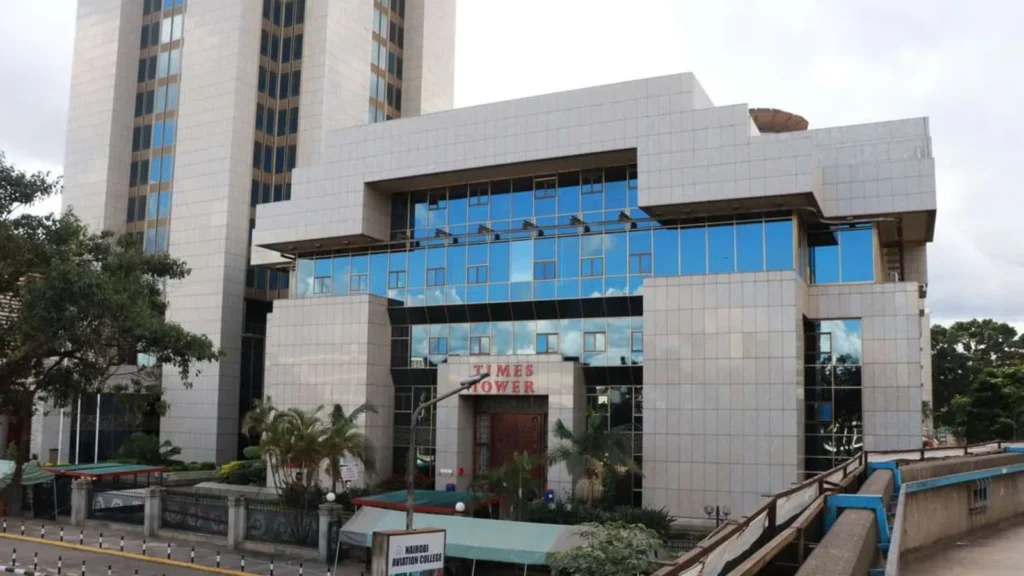A 30-day embargo on gambling adverts across all media platforms, including TV, radio, billboards, text messages, and celebrity endorsements, has not stopped the Kenya Revenue Authority (KRA) from recording a milestone performance of 117.2 percent in excise duty on betting services during the Financial Year (FY) 2024/2025, surpassing the set target of Sh11.288 billion.
Commissioner of large and medium taxpayers, Rispah Simiyu, says excise duty from betting rose to Sh13.233 billion in FY 2024/25 from Sh10.598 billion collected in the last financial year. During the period under review, Ms. Simiyu adds, betting tax surpassed the set target after the taxman collected Sh5.70 billion against a target of Sh5.495 billion. This translates to a performance rate of 103.7 percent and a growth of 22 percent.
“The performance is attributed to KRA’s Taxation at Source initiatives—specifically, integration of betting firms’ systems to KRA’s systems, enabling real-time monitoring of transactions. This has enhanced compliance and transparency and facilitated effective collection,” Simiyu said.
This is an unlikely growth, especially following a total ban on gambling happy influencers, celebrities, and content creators at the end of May 2025 by the Betting Control and Licensing Board (BCLB).
The growth in revenue also comes at a time when the nation continues to face economic pressure, with the latest Purchasing Manager Index by Stanbic Bank revealing that business deals have declined due to reduced customer spending power, higher prices, and recent political and Gen-Z-led protests.
According to the 2025 Economic Survey, Kenya’s economy grew by 4.7 percent in 2024, down from 5.7 percent in 2023, reflecting broader global slowdowns and local pressures on consumption and credit.
Despite the pressures, KRA’s total revenue collection for FY 2024/2025 stood at Sh2.571 trillion, reflecting a 6.8 percent growth, demonstrating resilience and the importance of strategic targeting in mobilizing revenue from emerging sectors. KRA reiterates its commitment to expanding the tax base through its “Taxation at Source” initiatives to promote fairness, efficiency, and transparency in tax administration.
With all the current strict measures—the government has put a stop on SMS, email campaigns, push notifications, celebrity endorsements, and influencer marketing. BCLB also directed mobile service operators to immediately suspend all Pay Bill accounts associated with gambling firms—all aimed at prohibiting gambling.
The growth in excise tax collected from gamblers is leaving a section of Kenyans with more questions than answers. Why is there a silent and escalating number of gamblers even as the government tries to fix the negative effects of betting on the economy? Does it mean Kenyans are just a peculiar lot?
According to the BCLB chairperson Dr. Jane Mwikali Makau, it is critical to stop portraying betting as a legitimate investment vehicle as it leaves devastating effects on individuals, families, and the community at large. In May, the betting watchdog was particularly concerned about rampant airing of gambling advertisements during the watershed period—that runs from 5:00 am to 10:00 pm. There is now disquiet regarding the 30-day ban that the same agency placed on betting adverts and testimonials.
“BCL hereby calls upon all stakeholders, including but not limited to betting companies, media houses, digital platforms, telecommunication service providers, and members of the general public, to fully comply with this directive in the national interest,” Mwikali said.
At the moment, there is a case pending in court where singer and songwriter Fidel Shammah Omusula, popularly known as Charisma, has sued the government over a National Authority for the Campaign Against Alcohol and Drug Abuse (NACADA) proposal that hopes to stop celebrities from endorsing, promoting, or advertising alcohol brands. Will this be the case for people likely crippled by the ban on betting in one way or another? Only time will tell.


